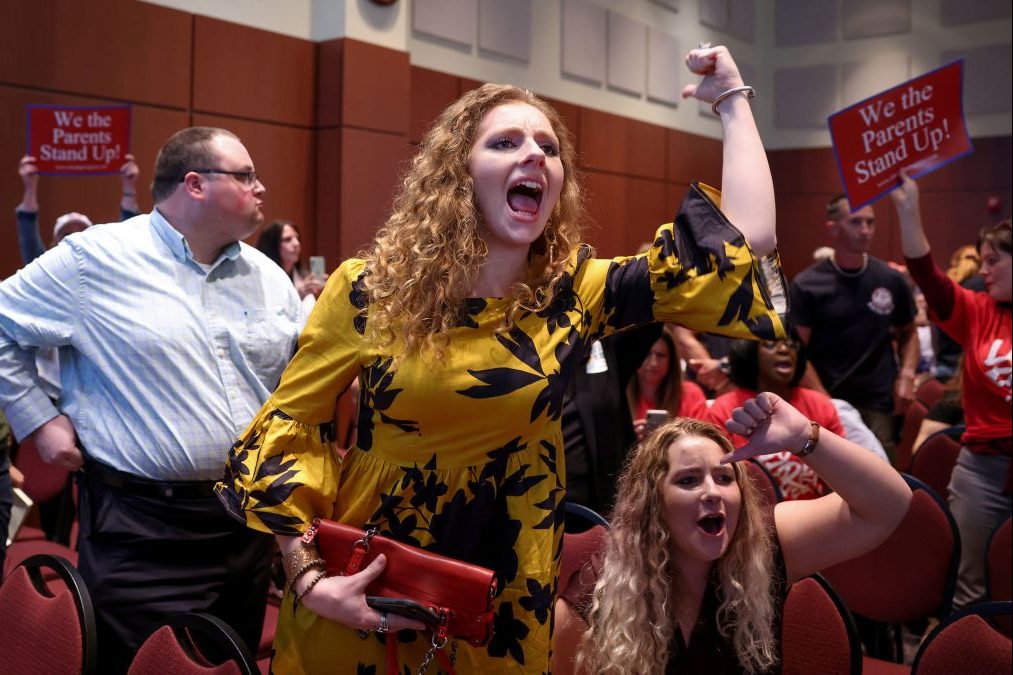Governor Vetoes School Budget, Says It Needs More Funding
The governor of this state vetoed a proposed state budget for education funding, saying schools need more funding.

Kentucky spent more on education than any other area of interest during the 2020 fiscal year. The state pumped over $4 billion into the public school system. No other government funding came close to that number. Despite this, the Democratic governor, Andy Beshear, recently criticized the republican legislature’s education funding plan.
The Governor vetoed the education funding plan mainly because it has a lower price tag than he proposed back in January. Lawmakers proposed a budget that is $680 million less than Beshear originally proposed. The main holdup is the debate on universal preschool. Beshear supports universal pre-education for 4-year-olds, as well as pay raises for teachers and other school employees.
Universal preschool has been a hot topic for democrats. Instead of directing education funding toward improving schools — which are seeing record drops in enrollment — elected officials like Governor Beshear would rather pull more children into the system at a younger age. This comes at a time when parents are fighting school boards and public school teachers on everything from medical rights to teaching preschoolers about sex. Parents are tired of witnessing the negative effect of identity politics and harmful COVID restrictions.

Things have come to such a pass that there is a movement to Defund Public Schools. As millions of Americans pay taxes for schools, yet aren’t being properly served, there is a growing debate over whether or not homeschoolers and parents who send their children to private school should receive tax breaks from public education funding or if they should be exempt from excessive taxes which directly fund public schools altogether. Parents who directly pay for alternative school options argue that they shouldn’t have to pay for failing schools that no longer properly educate children on core subjects like math, reading, writing, science, and American history.
What’s more, Kentucky received $2.4 billion in COVID relief money, and $193,186,874 was directed at school recovery in specific. The school system’s Elementary and Secondary School Emergency Relief (ESSER) education funding plan was standard. Districts across the state mainly spent relief funds on serving the needs of students and the community. It was conservatively implemented, and so, did not allocate funds for unnecessary extravagance or identity politics like some states chose to do.

In response to the governor’s veto, republican officials admitted that they worked closely with schools and left it up to the districts as to whether or not teachers would be awarded pay raises. They also criticized universal preschool plans, noting that they would decimate the state’s childcare industry. In addition to vetoing their education funding budget, Governor Beshear also vetoed a plan that would phase out the Kentucky state income tax. Instead of helping his constituents by allowing them to keep more of their money — and thus be able to properly handle rising inflation rates and the ever-increasing cost of gas — he feels that it is more important for his administration to tax them and spend those funds however he chooses.
Whether the governor and the legislator agree or not about education funding, they will have to find common ground in order to serve the people of their state. The public school system is under intense scrutiny. How elected officials fund and manage it is of serious concern.







